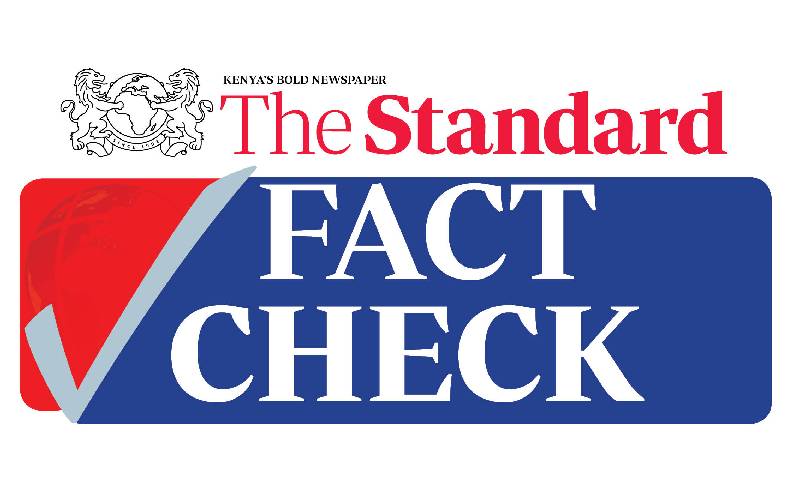
- Two months into Kenya’s Covid-19 vaccine rollout, top health official Dr Mercy Mwangangi said the country was seventh “on the leaderboard of vaccination in the world”.
- But global health experts said the claim was “difficult” to make, and any ranking should be based on the percentage of the population that had been vaccinated.
- By this measure, Kenya is 120th in the world for vaccination per 100 people.
Amid concerns about vaccine hesitancy in Kenya, on 4 May 2021 the government said it had administered jabs to 887,000 people, two months into its Covid-19 vaccination campaign.
Bold Reporting Takes Time, Courage and Investment. Stand With Us.
- Unlimited access to all premium content
- Uninterrupted ad-free browsing experience
- Mobile-optimized reading experience
- Weekly Newsletters
- MPesa, Airtel Money and Cards accepted
